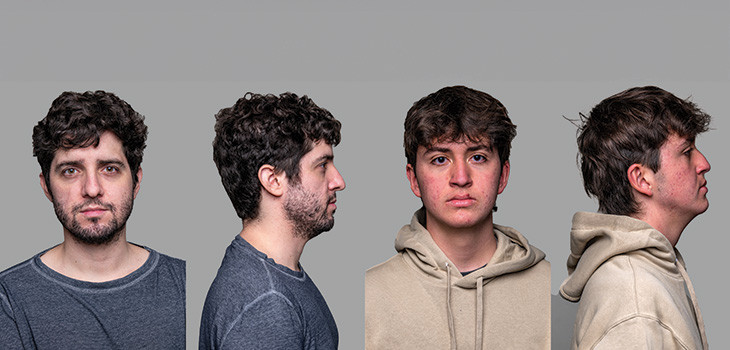
Adverse inference & failure to mention a fact can be used as strategies for the defence even where the prosecution has overlooked their use
In this week’s NLJ, Edward Grange, partner at Corker Binning, looks in detail at a novel case where these strategies were used by a suspect seeking to strengthen the case against their co-accused—despite the fact the Crown had not used them.
In the case, a co-defendant sought to invoke an adverse inference under s 34 of the Criminal Justice and Public Order Act 1994. Grange writes: ‘This raised the point of law on appeal as to whether s 34 can be relied upon by a co-accused in circumstances where the prosecution does not seek to rely upon it.’
Grange examines the case, with reference to other case law, in an article which will be valuable for criminal practitioners.










